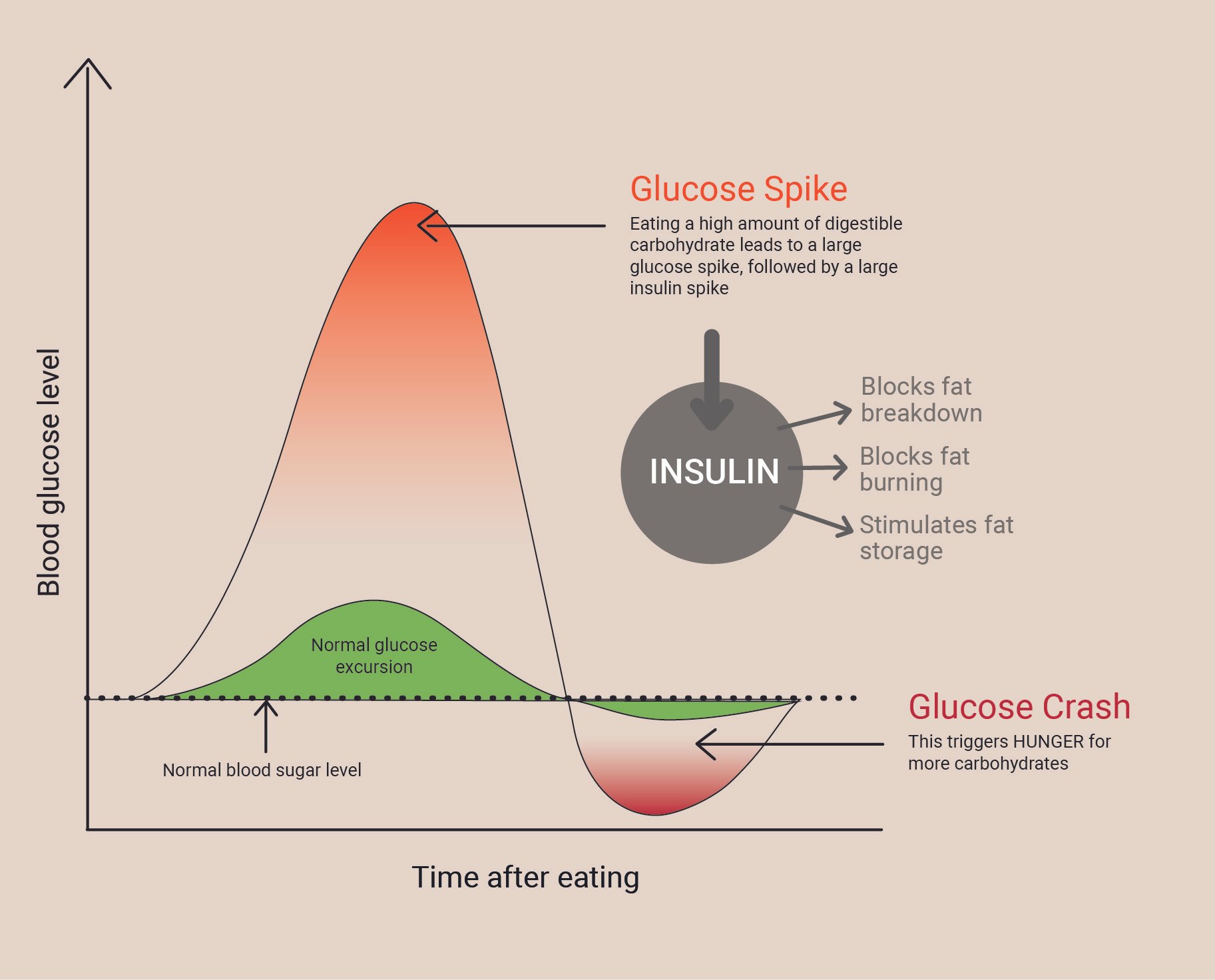
Sugar Addiction
We have all heard it by now: sugar addiction. We tend to think of addiction as pertaining to drugs and/or alcohol – controlled substances that we all know are bad for us. However, sugar can induce the same addictive and destructive behaviors. Yet, any three-year-old can go buy as many candy bars as they like from any store that sells them!
In 2007, a study by Avena et al. concluded that sugar addiction is indeed real, and found that the limbic response to sugar is eerily similar to that of drugs like cocaine and morphine. Consuming sugar triggers the release of opioids and dopamine, both strongly connected to addiction, and thus has extremely high addictive potential.
Sugar is a carbohydrate and naturally occurs in all kinds of foods, including fruits, veggies, and dairy products. Sugar turns to glucose in our bloodstream, and it’s something we need to survive. However, the difference between sugar that naturally occurs in foods and processed/added sugar is that natural foods, alongside sugar, contain fiber and protein that slows the speed at which the body absorbs sugar. Processed sugar, like a drug, is a concentrated substance. It contains no fiber, no protein, no vitamins or nutrients, and can be consumed in far larger quantities – at once – than would ever be possible from natural foods. Imagine extracting only the sugar from a bunch of bananas, and injecting it into your veins. That’s essentially what happens when you eat a candy bar.
When processed sugar enters our body, there is nothing to slow down its absorption, and therefore, it hits our system like a drug. This causes “sugar highs”: rather than gradually absorbing the glucose over a few hours or a day, the entire amount of processed sugar consumed immediately turns to glucose in our bloodstream, causing our blood sugar levels to spike.
Unfortunately, sugar highs are followed by sugar lows. Our bodies take glucose from our bloodstream into our cells for energy. To do this, our pancreases create a hormone called insulin, which essentially digests or transforms the glucose. When we consume a large amount of sugar, we in turn release a large amount of insulin in an attempt to return our blood sugar levels to normal. The rapid change leaves us feeling depleted, wiped out, shaky, and searching for more sweets in order to regain that sugar "high." Just like a drug addiction.
